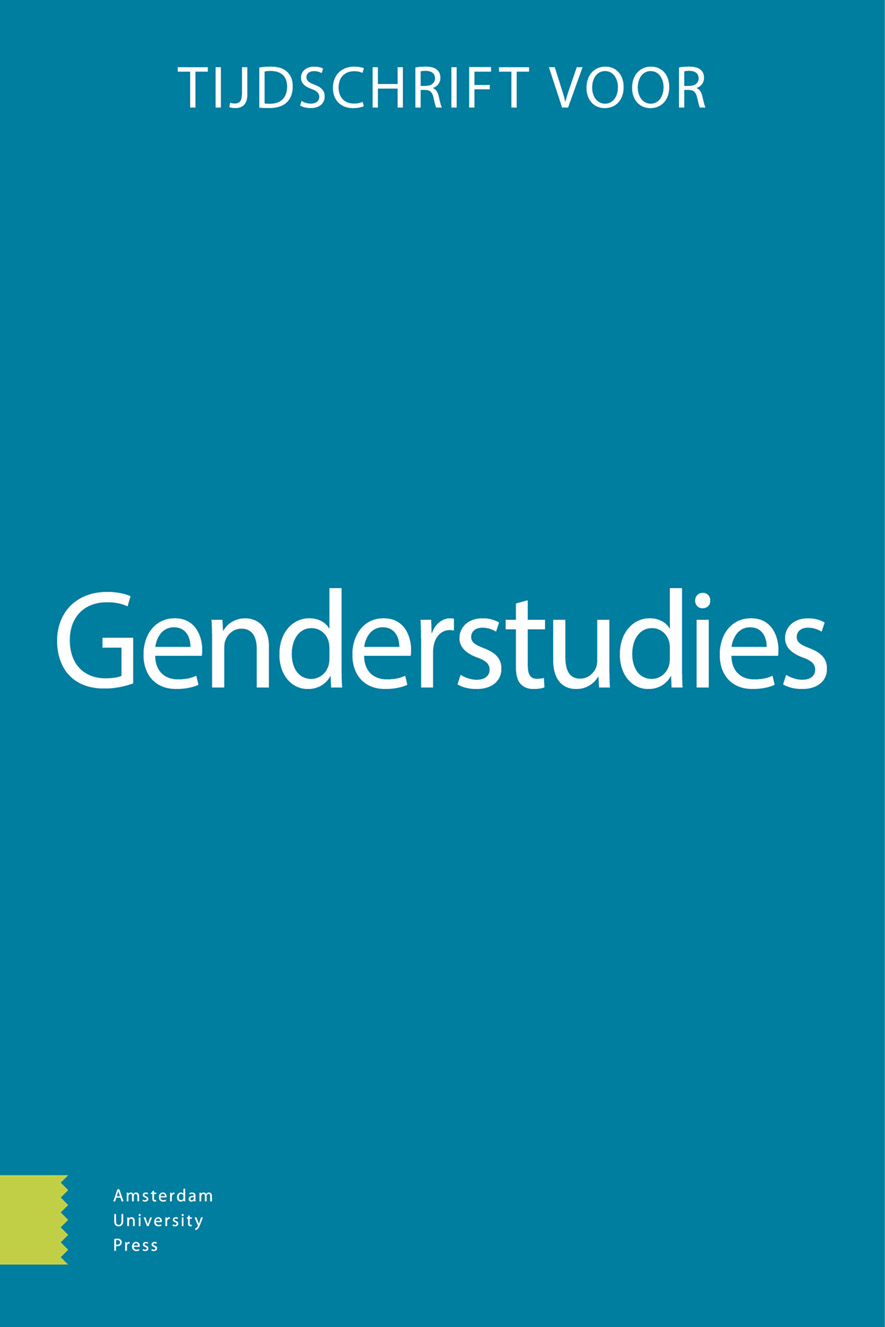-
oa Monuments for the common (wo)man: Diary archives in Europe
Interview with Monica Soeting, co-founder of the Dutch Diary Archive
- Amsterdam University Press
- Source: Tijdschrift voor Genderstudies, Volume 19, Issue 3, Sep 2016, p. 373 - 387
Abstract
Life-writing documents are not difficult to find; they are part of any archive’s inventory. Nonetheless, a number of European countries have recently witnessed the rise of a new, genre-based type of archive: the diary archive. The Archivio Diaristico Nazionale (1984) in Italy was the first of this kind, and more were to follow, such as the Association pour l’autobiographie et le patrimoine autobiographique in France (APA, 1992), the Deutsches Tagebucharchiv (1998), and the Nederlands Dagboekarchief (Dutch Diary Archive, 2009). How and why did these archives come into being? What are their characteristic features, and what is the relevance of these form-based collections to gender studies? I asked Monica Soeting, co-founder of the Dutch Diary Archive, and contextualised the work of the Dutch in the broader field of European diary archives.


